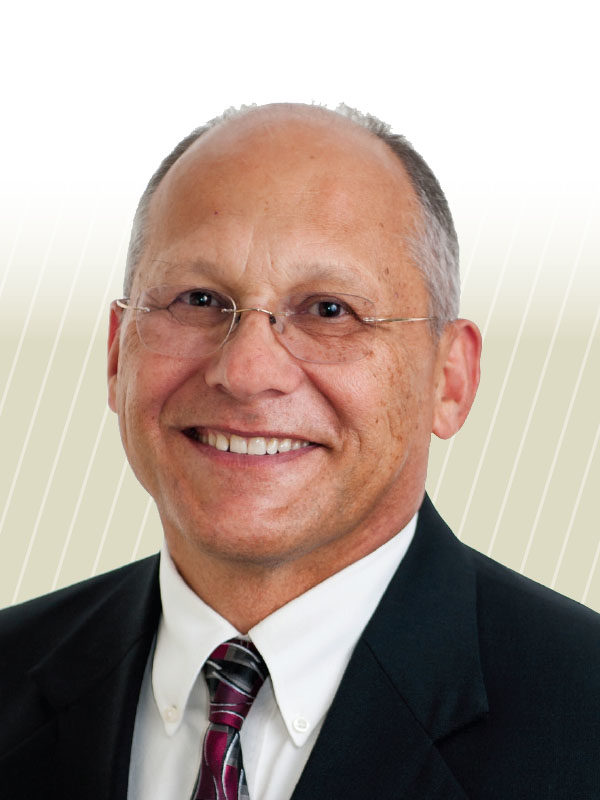A policeman for 27 years, Ken McGlynn joined Howard Community College in Columbia, Maryland, five years ago as director of public safety. The primary difference between the two careers, he says, is how disputes are resolved.
“As a cop, you automatically arrest someone or give them a citation if they break the law,” he says. “In this setting, my primary goal is to provide students with a safe learning environment so they can be successful in going to class and getting a degree. As public safety officers, we have to use common sense in determining what is best for the college.”
McGlynn, who is married with two adult children, carries out his campus duties with the help of two public safety and about 40 contract security officers. When he wants to unwind, he heads to the mountains of West Virginia to “hunt, fish, and hang out with my buddies.”
How does public safety at a community college compare to a four-year institution?
We have more issues dealing with parking and traffic. We have a total unduplicated enrollment of 30,000, even though they aren’t all here at one time. At a residential campus, many students don’t have their own vehicles, so parking isn’t a big issue.
Since we don’t have dormi-tories, we also avoid the problems and crimes involving alcohol that are associated with students living on campus. No one is permitted to have alcohol on our campus unless the college approves it. So we have very few alcohol complaints.
How has the job of public safety officer changed since the shooting at Virginia Tech?
Drastically. Our mind-set has always been providing a safe environment for students, staff, and visitors. That’s a given. Now, however, we are more involved in training. We work closely with the county police on shooter scenarios. We practice drills. In our state, we have a coalition of colleges that go over intelligence to proactively try to mitigate issues. We teach students and staff how to respond and react to emergencies.
We have three protocols. One is evacuation. For a fire, for example, we want people out of the building. Another protocol is to shelter in place. That might be for a hurricane or tornado, where we ask everybody to hunker down in designated safe areas. The third situation is lockdown, which is for a shooter on campus or a threat in the community. Our alert systems notify students, staff, and visitors of potential danger, and we lock down classrooms and offices.
How long before the alert goes out?
Minutes or seconds, really. We notify our crisis communications manager, who sends out a mobile alert.
To cell phones?
Yes. We encourage everyone to sign up for mobile alerts. We also have a paging system, electronic signboards that send messages, zone paging, and e-mail. A message goes to all these different formats. It’s an early-warning system that tells people what to do.
Do you and your officers carry guns?
No.
What happens if there is a threat?
We call the local police, go into a lockdown position, and get everybody as safe as possible. Our officers are trained to identify the threat so we can assist the police when they respond. If we have to bring in our police powers, we will.
If you could change one policy at your college, what would it be?
To hire more experienced public safety officers with prior law enforcement experience.
What do you like least about your job?
The negativity. I have to prepare for the worst. I have to develop a plan that deals with violence on campus.
What has given you the most satisfaction?
We had a bomb threat last year. My officers responded and by dealing with police, we were able to evacuate everybody and resolve it. Using videotape, an arrest was made.
MARGO VANOVER PORTER, Locust Grove, Virginia, covers higher education business issues for Business Officer.



